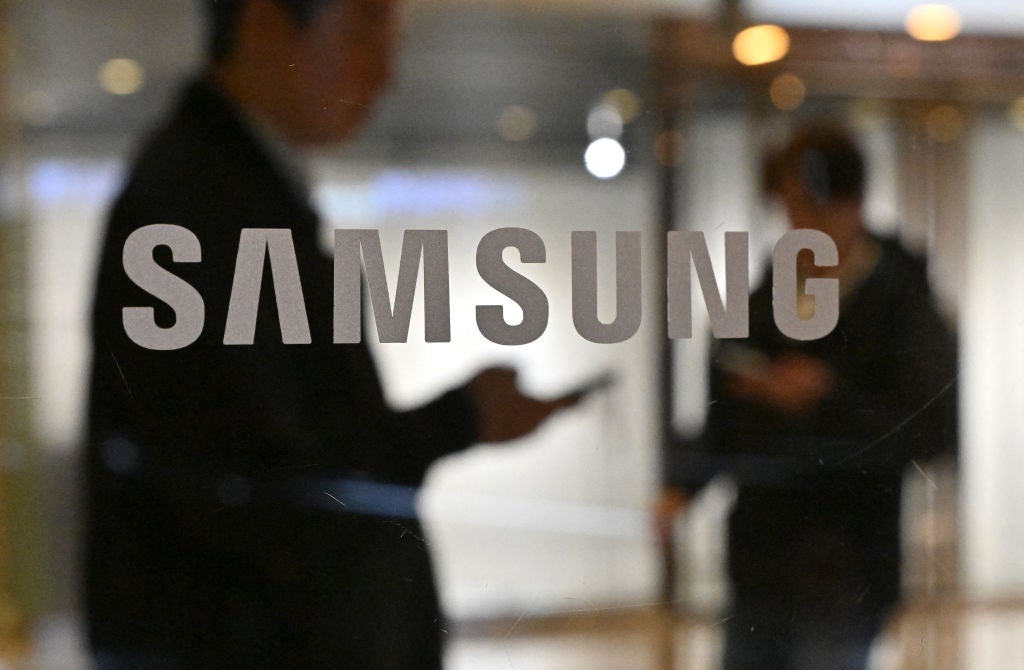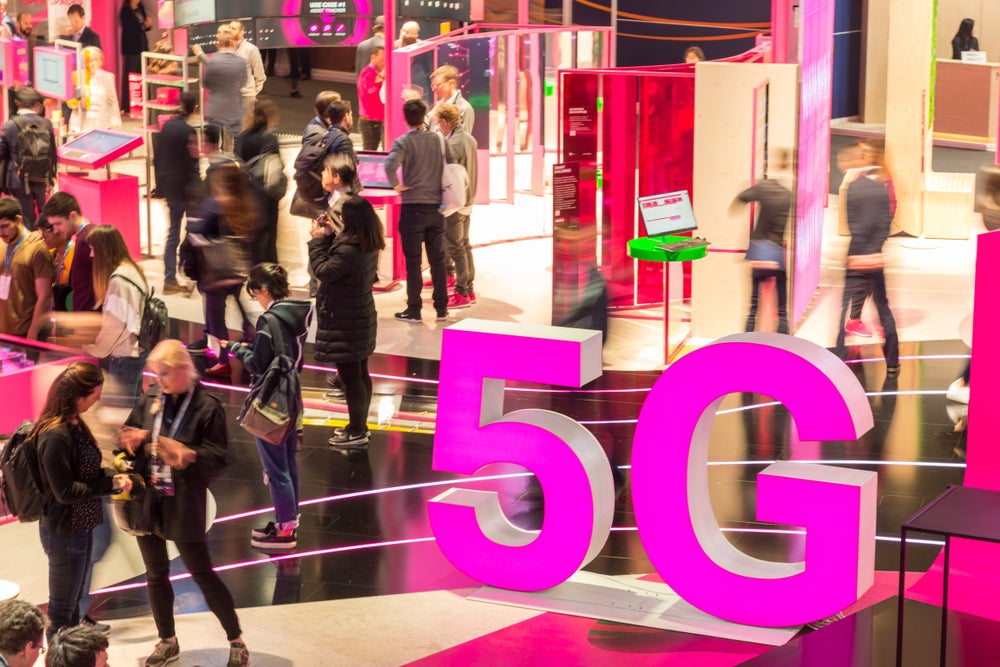
Momentum is building for a new kind of home broadband service offered by mobile operators using 5G. In fact, this 5G home broadband movement has had an important boost recently from some of its (previously) harshest critics.
On a financial earnings call in January, AT&T CEO Randall Stephenson voiced expectations for 5G to enable a new breed of residential broadband services in the next three to five years. “You’ll start to see substitution of wireless for fixed-line broadband,” he said.
On another earnings call, just days after AT&T’s, T-Mobile, the fourth-largest mobile operator in the U.S., announced plans to test residential broadband services based on LTE that would evolve to 5G over time. T-Mobile’s stance is more aggressive than AT&T’s, with plans to test fixed 4G services in the first half of 2019 and market the service in more than half of America’s postal code areas after testing is completed.
Neither operator’s comments was highly controversial, since their biggest competitor, Verizon, had already launched such services in multiple US markets. But the comments were surprising because top executives at AT&T and T-Mobile had previously rejected the idea. In fact, at a major industry event in 2016, T-Mobile CTO Neville Ray said of Verizon’s 5G home-broadband offering, “If that’s all that 5G is about, we should all pack up and go home.”
Addressing concerns surrounding 5G home broadband
Operators around the world have had a range of concerns about the viability of residential 5G services, including the cost to deploy these networks and the immaturity of the technologies involved. European operators in particular have voiced skepticism about the concept.
Although the recent comments from AT&T and T-Mobile only represent the views of two operators among many worldwide, their actions have global significance for a few reasons:
How well do you really know your competitors?
Access the most comprehensive Company Profiles on the market, powered by GlobalData. Save hours of research. Gain competitive edge.

Thank you!
Your download email will arrive shortly
Not ready to buy yet? Download a free sample
We are confident about the unique quality of our Company Profiles. However, we want you to make the most beneficial decision for your business, so we offer a free sample that you can download by submitting the below form
By GlobalData- Major US operators are early adopters of 5G and highly influential worldwide.
- One key concern previously expressed by AT&T – that fixed-wireless is not popular enough worldwide to invest in – is addressed by AT&T’s own adoption.
- Seeing AT&T and T-Mobile reverse themselves on the topic (likely due to competitive pressure) makes it easier to imagine European skeptics changing their minds as well.
To the extent that residential 5G sees more operator converts, it could foster more meaningful competition for broadband services, especially in areas that have been limited to the choice of a cable operator, a satellite provider and – increasingly rare – a fixed-line telecom provider. And 5G isn’t the only mobile technology driving the trend.
Around the world – especially Asia – residential broadband based on 4G is already flourishing. As more operators deploy fixed-wireless residential broadband – based on 4G or 5G – their investments will help bolster R&D and ecosystem growth in this area, and the lessons they learn will help other operators perfect the business case. Those who once rejected the concept may change their minds, as AT&T and T-Mobile did.








